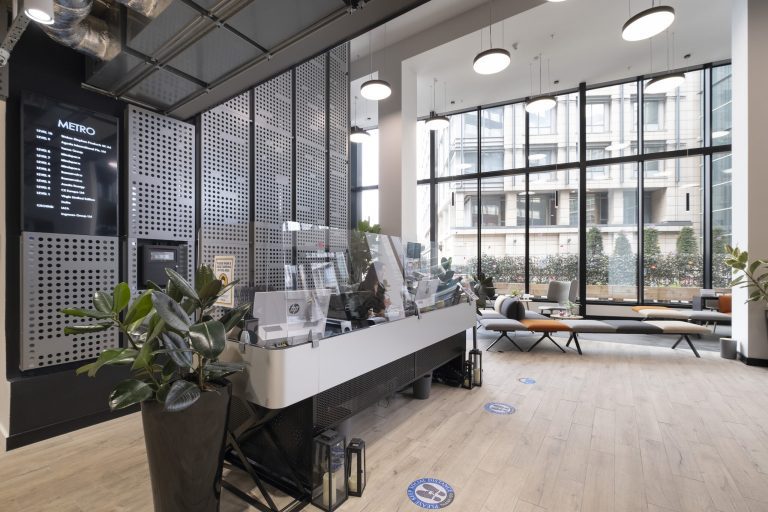Selling a house, empty land, or commercial building is not a cakewalk. It requires vast amounts of planning, targeted advertising, finance, efforts, and patience, and only when all these boxes are ticked can realtors enjoy the fruits of their labor. Marketing plays a pivotal role in cinching successful deals and helping professionals stay top of the competition. Fortunately, several methods like direct mailing, digital ads, or door knocking real estate can help inexperienced realtors draw the right crowd. These strategies can help professionals maintain creativity in an ever-changing market, effectively propelling their business toward success. Here are some quick marketing ideas that work fantastically to ensure you reach your fullest potential as a real estate agent. Open houses Typically planned for the weekends or Sundays, open houses are an excellent way to attract the attention of potential property buyers. It is the most trending global housing market tactic, wherein realtors enable people in and around the community to carefully scout the home on sale. Sellers keep the houses about to go on display immaculately clean, repairing every broken window, patching up cracks in the wall, and correcting other damage effectively. Realtors can put up some stylish furniture to give prospective buyers an idea of what the place would look like when furnished, like a cozy home. Several of them also set snacks to make visitors more comfortable while checking every nook and corner of the house. Door knocking Knocking on one door and then countless others to market a property might seem redundant at first to many real estate agents since most ordinary folks may not entertain the idea of a property salesperson at the door. However, this tactic can get you immense benefits due to its direct approach and targeted script when done correctly. Before you venture out into the neighborhood, do some research on the residents to determine which ones are most likely to respond positively. Then use a specific, concise script to sell your property, detailing all the highlights (pool, jacuzzi, backyard, modern kitchen, closets, etc.) and providing pictures as proof. Furthermore, you can point out why your rates are more reasonable and affordable than your competitors and what benefit the potential customer would have by investing in the property. Here, you can include pivotal neighborhood details like top schools, medical facilities, recreational areas, and safety to draw the attention of families with children. Invariably, door-knocking in real estate can be a significant plus for professionals who are yet to tap into the benefits of this pivotal strategy. Direct mail Sending informative and colorful postcards to prospective buyers and current clientele can help you stay ahead in the real estate race. People cannot delete physical emails they receive like the virtual ones, forcing them to peruse the content out of curiosity or interest. Eventually, as they learn more about the kind of properties you sell, your success rate, affordable rates, and other crucial details, they will begin to trust you and approach you when they find one of your listings interesting. Undoubtedly, this is a cost-effective and proven marketing technique that can get realtors lasting results. Final thoughts The idea behind all the above techniques is to use each one in conjunction with the other, depending on market trends, timing, buyer tastes, and other vital factors. For instance, use door-knocking with an open house as it can draw a lot of interested buyers to the property, which can essentially speak for itself when they visit. Also, partnering with a reputable and reliable marketing agency can help amateur and experienced realtors avail of the most eye-catching templates for their direct marketing strategy. Moreover, many of these agencies provide sophisticated tracking systems that enable agents to track their mail en route and be notified when their targeted customers receive it.














